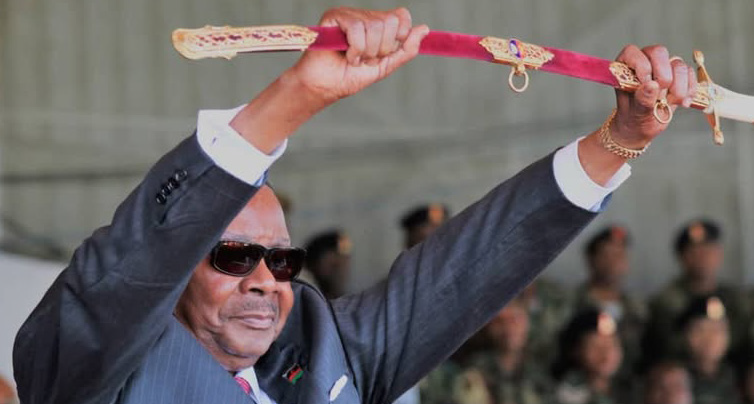Line Yahaya’s pardon leaves eggs on officials’ faces
Dear Judge Mbadwa,
There’s something I cannot shake from my thoughts: the baffling pardon of convicted wildlife trafficking kingpin, Line Yahaya mwana waKuba and his wife.
My lord, the world hunted this man relentlessly for his role in decimating Africa’s treasured wildlife. And when he was finally flushed out of his hideout in Nyasaland, the global community applauded our boldness and diligence in delivering him to justice.
But despite his incarceration, Yahaya continued exerting influence from behind prison walls—scheming not only for his release, but also for further land acquisition near KaiBanda International Airport, land still under investigation as possibly being proceeds of crime.
My lord, the dossier on Yahaya must make for compelling reading. Agencies, including the Nyasaland Police, the Fiscal Intelligence Unit and the Bureau of Corruption were still probing him.
What’s even more troubling is that in November 2024, the Bureau of Corruption filed seven additional charges against Yahaya, accusing him of bribing prison authorities and attempting to sway a magistrate for a lighter sentence.
It was reported in the media that a document dated October 25 2015, alleged he offered K30 million to the officer-in-charge of Maula Prison (certainly not Ndolera) to connect him with a high-profile judge to tilt the scales of justice.
Yahaya may still be on remand for these corruption charges, but what leaves a sour taste is the justification used to include him—and his wife—on the presidential pardon list. It puts Lazaro, who doesn’t craft the list himself, in a precarious position. After all that responsibility falls to senior figures in the system.
One must wonder—what motivated the officials who boldly recommended Yahaya’s name for pardon? Especially given the allegations of him attempting to purchase his freedom. Did he really meet the Guidelines for the Pardon of Convicted Prisoners?
What stings most, my lord, is the inequity of mercy. There are over 101 nameless prisoners convicted of petty crimes like goat and chicken theft—individuals who have shown genuine behavioural reform—but they remain behind bars.
So I ask: Who gains from Yahaya’s pardon, my lord? Certainly not the conservationists and law enforcers who fought to bring him down. Not the communities devastated by poaching. Not the citizens who hoped justice would be immune to influence.
Instead, it’s those hardworking patriots—men and women who laboured to protect our rhinos and elephants —who’ve lost. And the stain of this decision now rests on the conscience of whoever authorised it.
I await your wisdom, my lord. But this pardon, by any measure, has left a messy splatter on the faces of those entrusted with justice. Isn’t this embarrassing or I’m imagining things?
Yours in civic concern,
John Citizen





